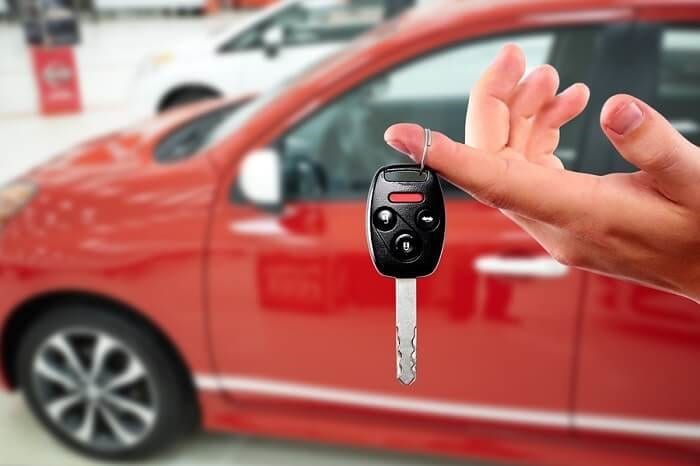People buy and use cars for all sorts of transport needs, but one of the main ones is getting to work every day. If you use a car to get to your job or are thinking of upgrading your vehicle, you want to make the right choice of car to ensure it will give you a comfortable, stress-free commute to work. There are also several other factors to consider when it comes to the daily commute that could have a significant influence on your choice.
Do you need a car?
This might sound like an odd question to ask on a car enthusiasts’ website, but it is something you should think about. If there is a reliable train service, or you’re close enough to walk or cycle, these could well be better options for your health and wellbeing, as well as easing congestion for those who have to drive.
Not needing a car for work doesn’t mean you don’t have to have a car at all. Rather, if you’re a motoring enthusiast, it could mean that instead of buying a mid-range executive sedan, you could buy yourself a sporty number for leisure driving instead.
What sort of driving do you do?
If your commute takes you into a town or city and involves lots of slow-moving, stop-start driving with frequent gear changes, an automatic will be a far more relaxing way to travel. Keen drivers like the feel of a stick shift gearbox, but for most people – and even the keenest of drivers – letting the car do the work is a far better option.
You also need to think about fuel economy. A big car that guzzles gas will soon burn through a tank of fuel if it’s driving in and out of busy city centers all week. A hybrid or electric car will cost very little to recharge compared to a tank of gasoline, and although hybrids and electric cars cost more to buy in the first place, you’ll make that investment back in a few years because of the savings you’ll make on fuel.
There’s also the prospect of it becoming increasingly more expensive to drive normal cars in cities, as charges and taxes are introduced, and even restrictions on travel in some areas.
Company cars
You might be in a job where the firm provides you with a car, which can be an advantage in terms of not having to pay for your own vehicle or maintain it. You’ll save money even if it affects your tax payments, but on the other hand, you may not have much choice of car and could have to settle for whatever the fleet manager thinks is the best value for money.
A variation on this option is to ask for a lump sum towards a car of your choice, or set up a lease agreement for a company vehicle. That way you get more control over the car you drive, but still, benefit from the company’s financial input. Obviously, the availability of these options will depend on how your bosses view the situation, but if you have some facts and figures to call on when you discuss it, you might find they’ll take it on board.
Choosing your car
Your budget will be all-important, and if you’re financing the purchase yourself, you have plenty of credit options when it comes to car purchase. Check out the offers available and get expert advice on car finance at www.crediful.com.
When you’re choosing a car for commuting, remember what its primary role is, and set your sights accordingly. You want comfort and reliability first and foremost, because you’ll be spending a fair amount of time in your car, and you’ll be relying on it to get you to work every day without fail. Driver comforts such as heated seats and screens, and steering wheels in colder areas, can add a much-appreciated level of comfort to a miserable winter’s drive.
In hot weather, you don’t want to be without air conditioning, and if you like listening to the radio or your music, a good quality stereo system is essential, with speakers that produce a clear, authentic sound. Seats are critical to comfort, so make sure yours are fully adjustable and have effective lumbar support. Your back will thank you when you’re stuck in a traffic jam!
Your work car is, most importantly, functional; it has a job to perform, and you need it to do that job well every day. That doesn’t mean you can’t go for something a little bit more flash if you have the desire and ability to pay. Look out for the sports versions of standard models for a bit of extra power and style, and combine the comfort and reliability of a car like the Honda Civic with the performance capabilities of the Type-R version to get the best of both worlds.


